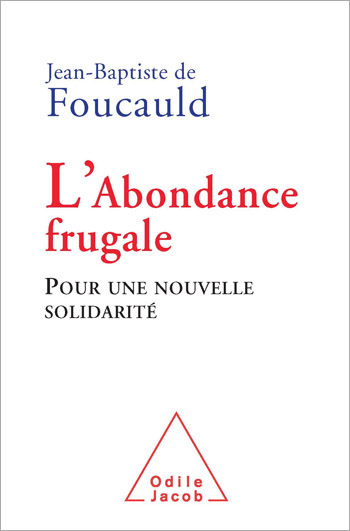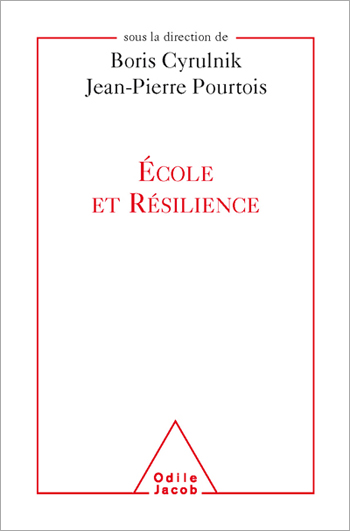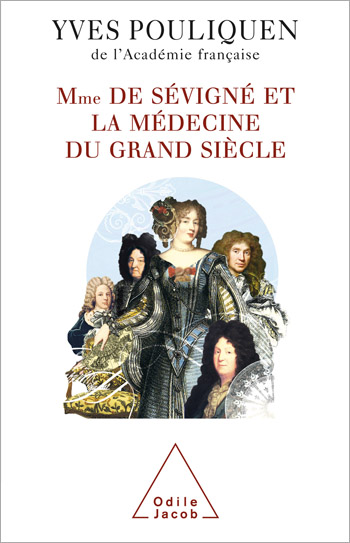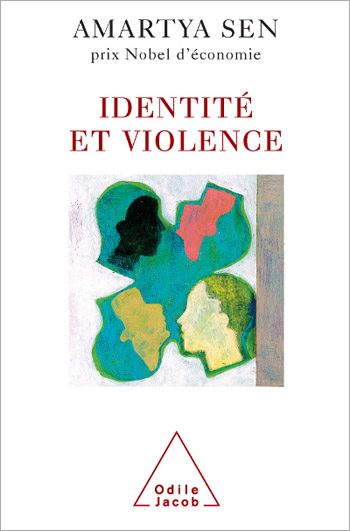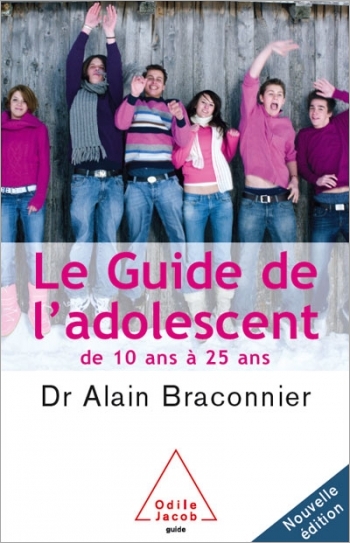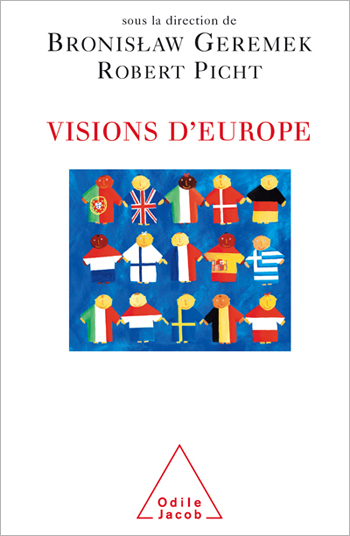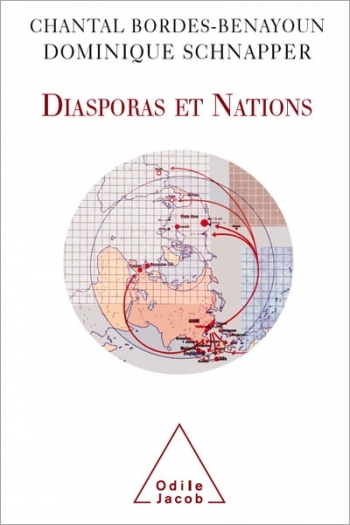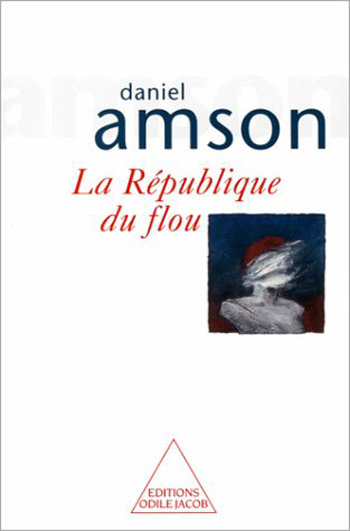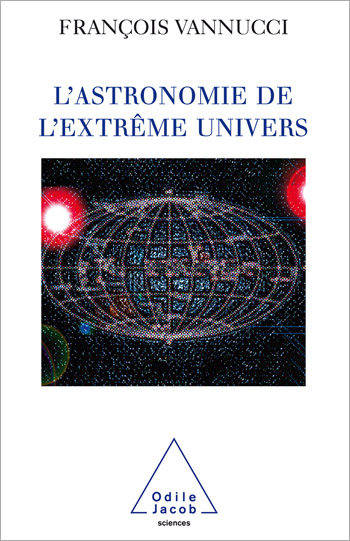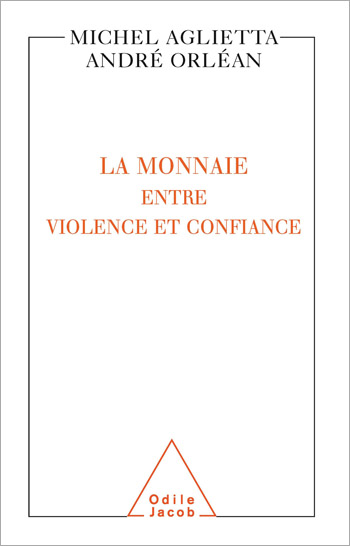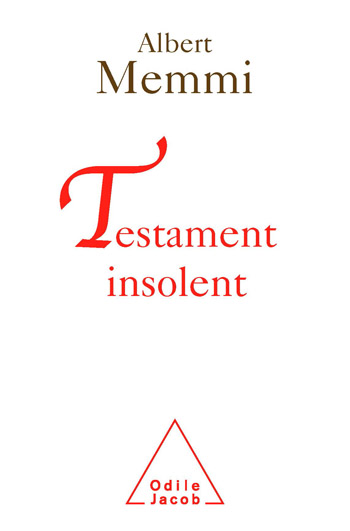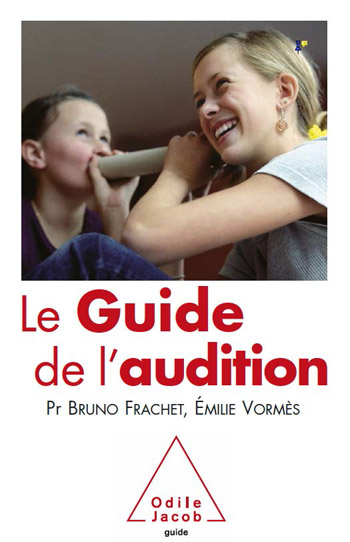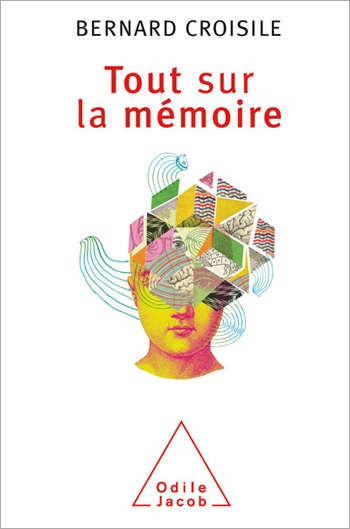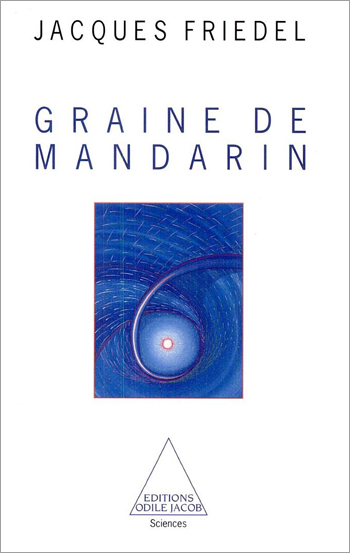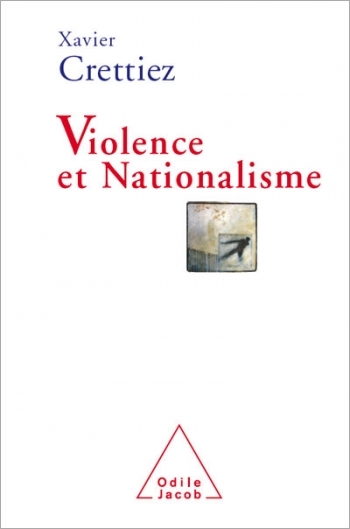Catalog All books
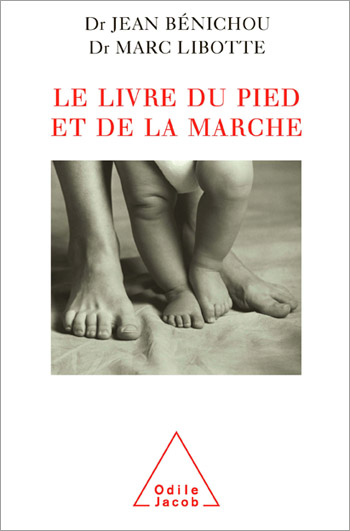
Jean Bénichou, Marc Libotte
The Book of Feet and Walking
Do you have flat feet ? Hollow feet ? How can deviations of the toe be treated ? Sprains ? How can you look after the nails and the skin ? How should you treat athletes foot ? What to make of reflexology ? Why are the feet of children, athletes and senior citizens so fragile ? How is the marvel of bipedalism possible ? What is the position of the foot in our culture ? Dr Jean Bénichou and Professor Marc Libotte are orthopaedic surgeons, specialising in foot surgery.

Bernard Granger, Daria Karaklic
Borderline Personality Disorder
If you suffer from borderline personality disorder take heart — it is not irreversible!

Louis Bodin, Bernard Thomasson
Weather Travel Guide
An indispensable guide to worldwide weather conditions to help you choose your travel destination
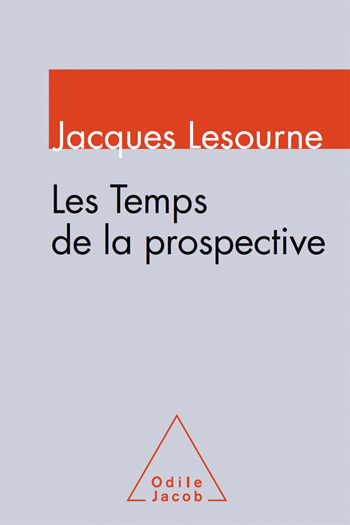
Jacques Lesourne
Reflecting on the Future
Instead of describing a ready-made methodology, the author, an eminent prospectivist, shows us how to picture the future.
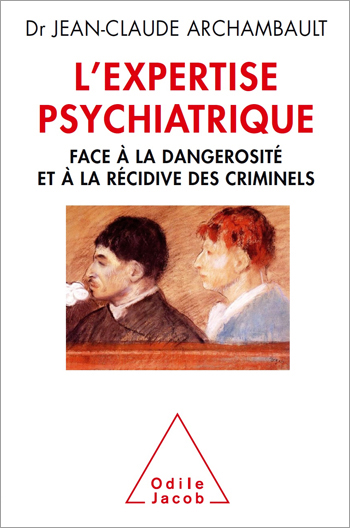
Jean-Claude Archambault
Psychiatric Evaluation
Understanding the place of psychiatric evaluation in the judicial process: role, goals, task summary. How to evaluate and assess what does (or does not) derive from mental disorders.
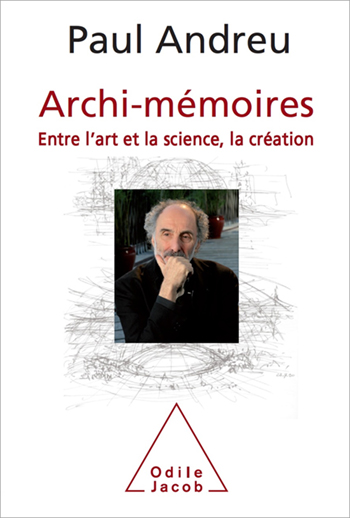
Paul Andreu
Memoires of an Architect
Reflections on creativity, art and science, by a major contemporary architect
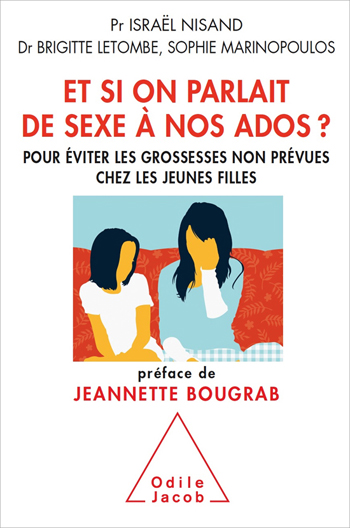
Israël Nisand, Brigitte Letombe, Sophie Marinopoulos
Let’s Talk to Teens About Sex How to Reduce the Number of Teenage Pregnancies
Teenage pregnancy is a serious problem in many countries yet the subject is often taboo
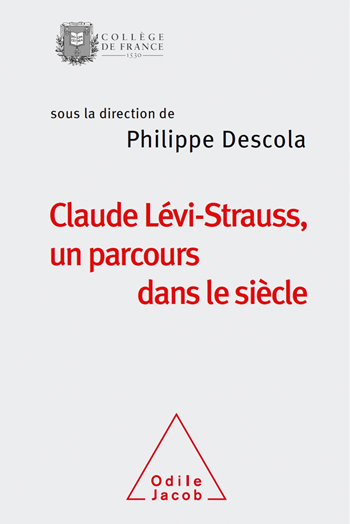
Philippe Descola
Claude Lévi-Strauss, A Journey Through the Century
Eminent specialists on Claude Lévi-Strauss, his disciples and intellectual heirs, from Brazil, Canada, France and the U.S., give us a wide-ranging view of every facet of the works and thought of the author...
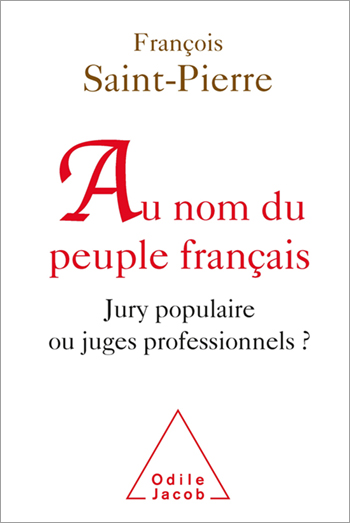
François Saint-Pierre
In the Name of the French People Trial by Jury or by Professional Judges?
Who should judge serious crimes?
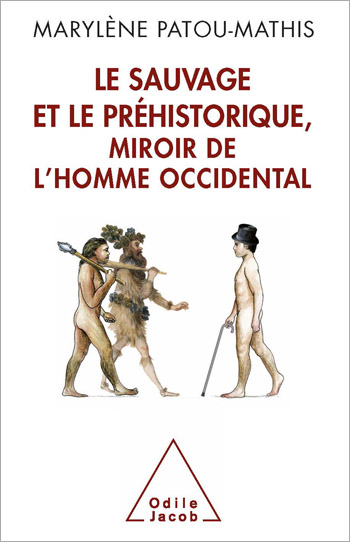
Marylène Patou-Mathis
The Savage and Prehistory, the White Man’s Mirror
Throughout history how has Western man regarded human beings that differ from him?
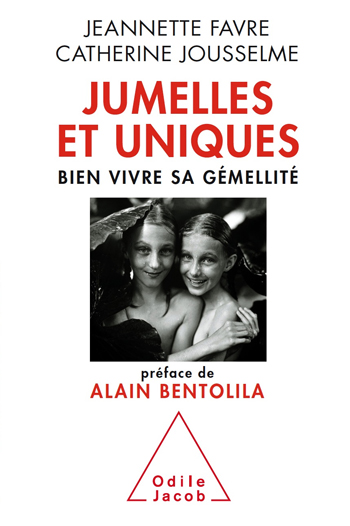
Jeannette Favre, Catherine Jousselme
A Twin and Unique Enjoying Being a Twin
This unusual testimonial will support and assist anyone who is closely or more distantly concerned with twins and twin births
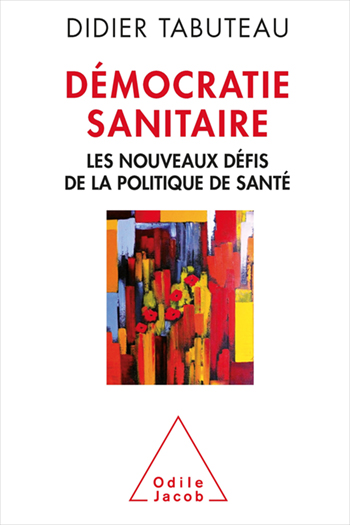
Didier Tabuteau
Health as Political Model
This exemplary X-ray of French healthcare argues for a total overhaul of the system
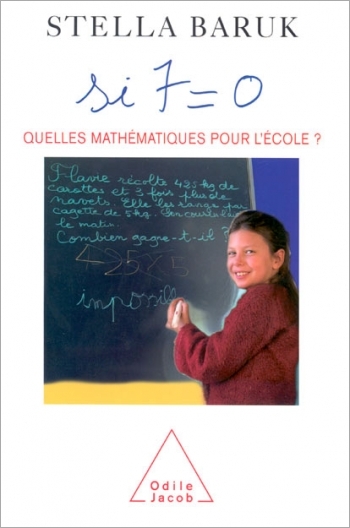
Stella Baruk
Si 7 = 0. Quelles mathématiques pour l'école ?
Stella Baruk is known for her uncompromising criticism of the way mathematics is taught at school. She sees children's frequent aversion to the subject as a clear demonstration of the failure of current methods. Following her earlier book, L'Age du Capitaine, in which she denounced the meaningless mathematical problems that children were burdened with and enjoined to solve, she now addresses the difficulties encountered by the new generation of the captain's children. She has reproduced pages from the exercise books of primary school pupils, with a commentary underlining the confusion created by modern maths in the minds of children who are not yet familiar with mathematics. Her message is clear: the fault lies not in modern maths, but in the fact that the cart has been put before the horse. Modern maths was created to generalise operations and structures that recur in every aspect of mathematics, and modern maths cannot be correctly understood without the full mastery of those operations and structures. Yet, the teaching of mathematics has been turned on its head, with the abstract being taught before the concrete and the general before the specific - with the result that empty formalism is all that is being passed on. Baruk's very precise analyses, illustrated with specific examples, will help parents understand their children's mistakes and difficulties, so that they can help them overcome them. Stella Baruk is a mathematics teacher and pedagogical researcher.
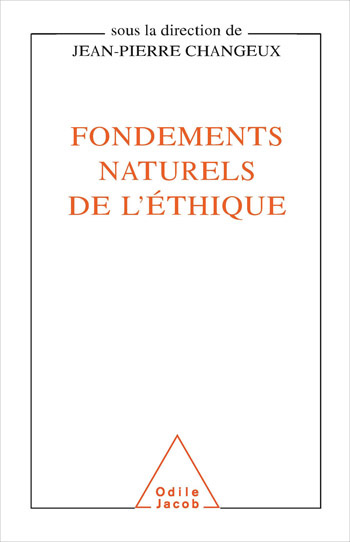
Jean-Pierre Changeux
The Natural Foundations of Ethics
Is the sense of morality universal, is it inherent to human nature? The members of this symposium gathered around Jean-Pierre Changeux ponder the diversity of moralities and question themselves about the conflicts due to cultural differences and the possibility of attaining a common morality which would be intrinsic to human nature.
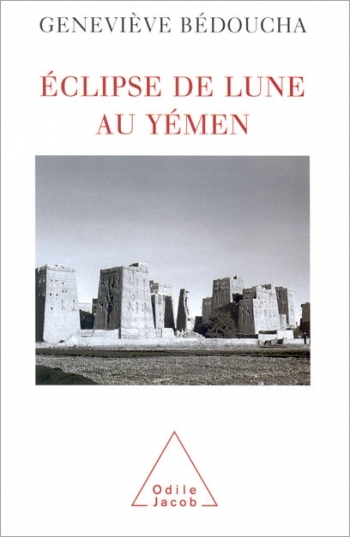
Geneviève Bédoucha
Lunar Eclipse in Yemen An Anthropologist's Emotions and Feelings of Bewilderment
This is a fascinating approach by a woman of a tribal society in a mountain valley in northern Yemen, near the Saudi Arabian border. Partly a travel book and partly a journal of the author's fieldwork, it restores an anthropologist's unique first-hand experience, questionings, hesitations and discoveries, from the first moments spent in an unfamiliar village. There are few anthropological works on Yemen, and even fewer about private life in rural societies in the hinterland of the former Arab Republic of Yemen (the author's fieldwork dates from the 1980s, before reunification). At the time, the presence of a female anthropologist led both men and women to talk openly, often jokingly and provocatively, of male-female relations, and it seemed to encourage women to voice strong criticisms of male behaviour and privileges. The women's comments reveal them to be lucid independent thinkers, and not at all submissive. This book is an invitation to discover a little-known rural community at close quarters, and to penetrate the secret universe of Yemen's many-storied mud houses. It reveals relations between men and women in a closed, but curious and hospitable, Muslim Arab society. An anthropologist and research fellow at the Centre National de la Recherche Scientifique (CNRS), Geneviève Bédoucha is a specialist in the relations between socio-political structures and irrigation systems in Arabic and Islamic societies.

